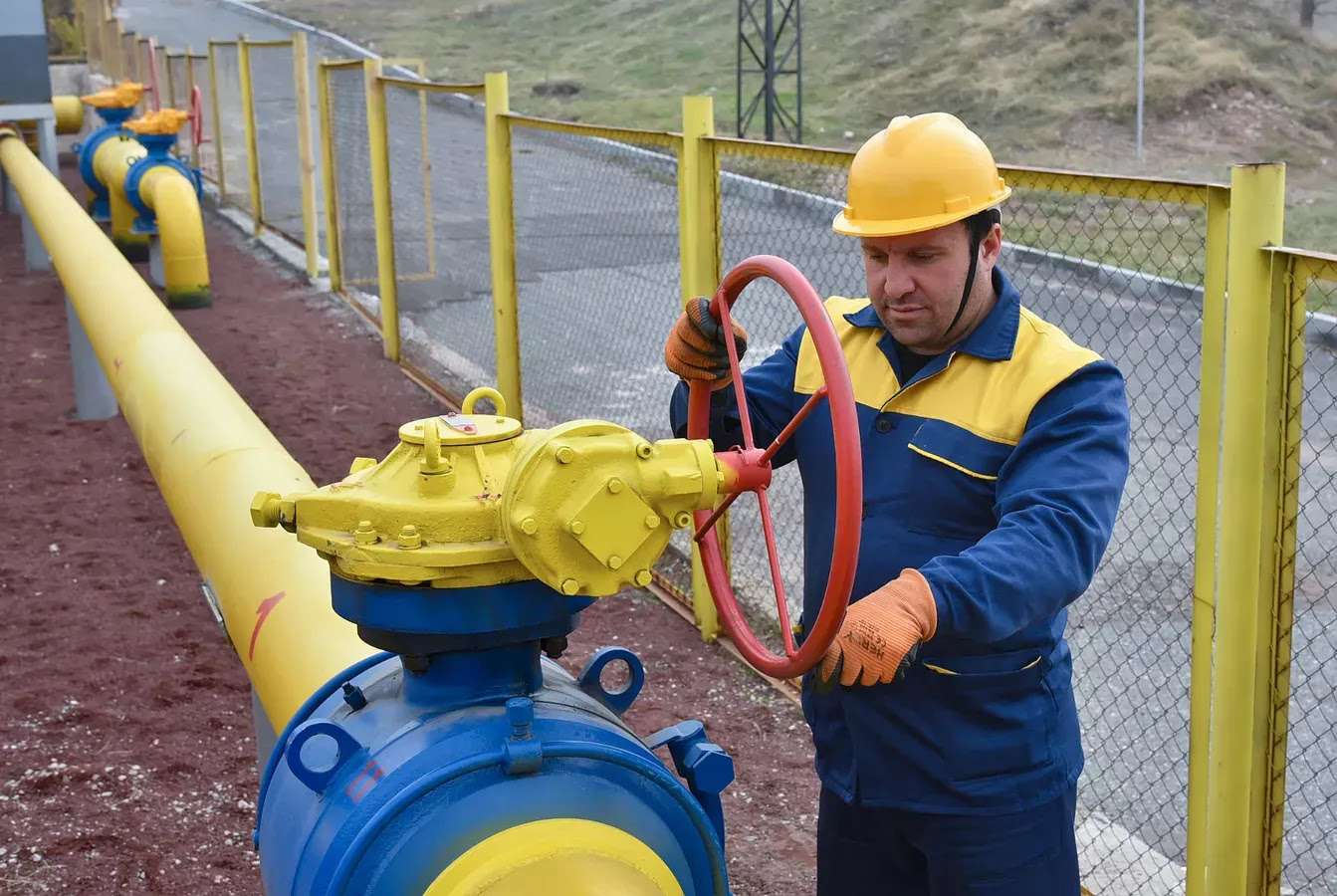Gazprom trying to squeeze Armenia

Ten-day halt in gas supplies announced on short notice.
Eurasianet.org
In a statement on the latest shut-off, Gazprom Armenia, a Gazprom subsidiary, announced “planned repair work” would take place in Russia on the North Caucasus-Transcaucasia gas pipeline, causing supplies to Armenia to be suspended from September 16-26. Although the repairs were purportedly planned in advance, Gazprom Armenia issued the statement only about 24 hours before the cut-off was due to begin.
The statement added that Armenian customers should not expect to experience interruptions, “due to internal reserves and additional volumes of natural gas supplies from Iran.”
In July and August, Gazprom also stopped the gas from flowing to Armenia, but those interruptions each lasted only a couple of days. A Gazprom Armenia statement in July attributed the cut-off to a need for “emergency” repairs to a section of the pipeline in Georgia. An August statement referred only to “maintenance” work. Armenia is heavily dependent on Gazprom for gas supplies and Gazprom Armenia owns the country’s distribution network.
Prior to the Gazprom cutoffs, Russia over the past year has implemented other measures designed to economically punish Armenia, including restrictions on Russia-bound exports of agricultural products and flowers. Over the same time span, Armenian Prime Minister Nikol Pashinyan has downgraded Yerevan’s strategic partnership with Russia, while rapidly building up ties with the United Statesand European
It remains uncertain whether Pashinyan will attend a CIS heads of government
Some political observers see a pattern in Gazprom’s behavior, suggesting it is an expression of Kremlin discontent with Armenian government policies. Russia has a long history of using Gazprom as an instrument of leverage in seeking to achieve its geopolitical aims, although the state-run company’s importance as a global energy supplier has significantly faded in recent years.
If Gazprom’s actions are indeed politically motivated, the tough tactics do not seem to be intimidating Armenian officials.
An analysis published by the Atlantic Council on September 16 contends that the Kremlin’s “imperial approach” towards Armenia has “backfired.”
“Moscow has repeatedly responded to Yerevan’s efforts to align with the West with retaliation, pairing diplomatic snubs with targeted economic pressure intended to remind Armenians who is in charge,” the analysis states. “Even when holding a weak hand and needing to strengthen alliances, Russia defaults to intimidation over persuasion.”





